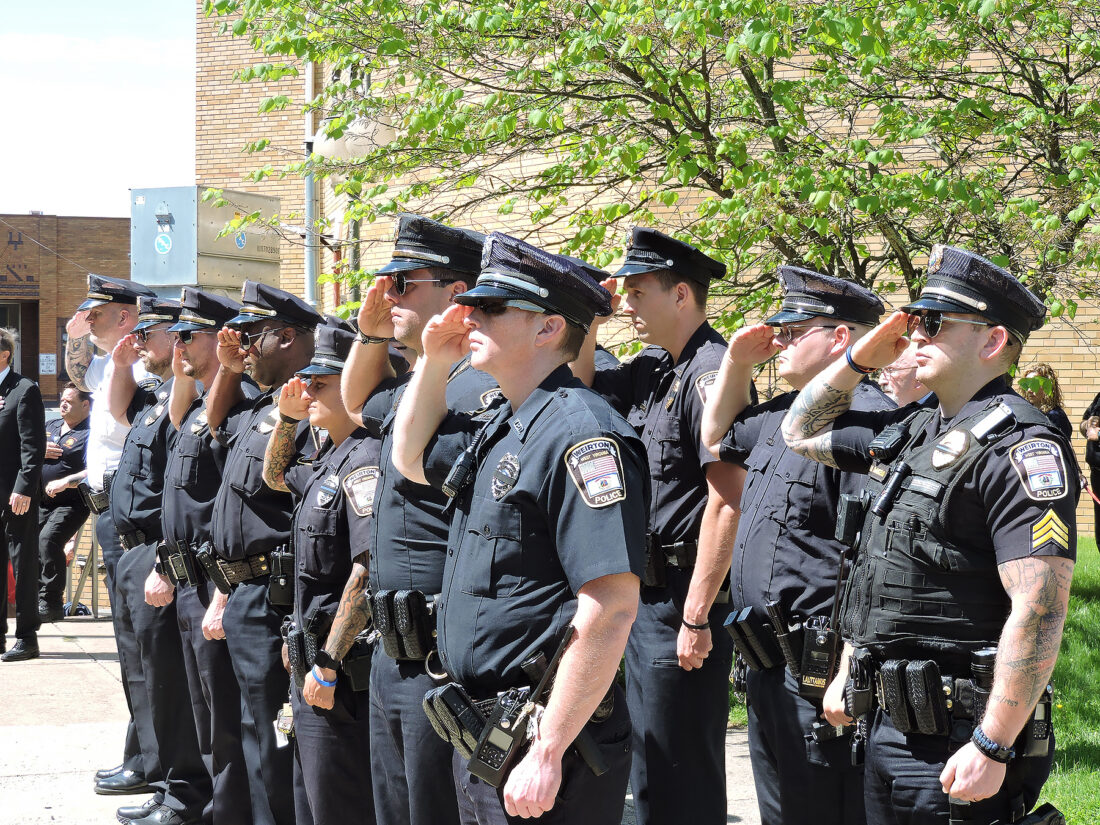The bravest are surely those who have the clearest vision of what is before them—danger, and yet they go out to meet it.

Each year in May, a quiet reverence descends across the country. Flags are lowered. Candles are lit. Names are spoken. National Police Week is a time when the nation pauses not only to remember the fallen—but to reflect on the ongoing weight carried by those still serving.
From May 11 to May 17, 2025, communities across the United States will mark this solemn week with vigils, ceremonies, and acts of unity. It's a powerful reminder that behind every uniform is a story of service, sacrifice, and strength.
In 1962, President John F. Kennedy signed a joint resolution designating May 15 as Peace Officers Memorial Day. Since then, the surrounding week has grown into a national observance, drawing tens of thousands to Washington, D.C. and inspiring local tributes across the country.
This year, the names of 345 officers are being added to the National Law Enforcement Officers Memorial Wall, some from 2024, others from years past, now formally recognized.
These names represent more than a statistic. They are legacies.
Held on the National Mall, the Candlelight Vigil is a poignant tradition where each fallen officer’s name is read aloud and honored with the glow of a single flame. It’s a moment that speaks louder than words.
On the steps of the U.S. Capitol, this national ceremony brings together officers, families, and officials in a unified tribute to courage and commitment.
These events highlight the diverse sacrifices within law enforcement, including those of K-9 partners, while fostering broader public engagement through fitness and remembrance
Law enforcement officers face a unique blend of pressure—split-second decisions, emotional intensity, and frequent exposure to trauma. Over time, these challenges can lead to elevated levels of stress, anxiety, burnout, and even post-traumatic symptoms.
What’s often less visible are the barriers many face in seeking help. Cultural expectations within the profession have long favored resilience over vulnerability. But that narrative is beginning to shift.
Across agencies, communities, and professional networks, there is growing momentum to recognize and address the mental and emotional toll of service,not just in times of crisis, but as part of standard support systems.
Experts increasingly advocate for holistic, proactive models of well-being—ones that don’t treat wellness as an afterthought, but as a core component of readiness and longevity in high-risk professions.
Key practices gaining ground include:
These approaches aren’t just compassionate—they’re practical. A resilient officer is an effective one. A supported force is a sustainable one.
While Washington, D.C. hosts the week’s major events, powerful gestures of respect and remembrance are taking place in towns and cities across the country:
These events serve not only to honor, but to connect—bridging the gap between law enforcement and the communities they serve.
National Police Week is not only about looking back. It’s about asking hard questions moving forward:
Responsibility doesn’t end with a memorial. It begins with meaningful commitment—to mental health resources, peer-led support, and systems that view wellness as essential, not optional.
As thousands gather to mourn and celebrate the lives of fallen officers, a quiet truth echoes through the ceremonies: service comes with a cost—and support must come with intention.
For every name engraved in stone, countless others continue to serve, silently bearing the emotional weight of duty. To honor them fully, we must move beyond tribute. We must invest in environments that prioritize well-being—not as a reaction, but as a standard.
Let this week serve not just as a moment of remembrance—but as a catalyst for change.
Because honoring the fallen begins with protecting the living.